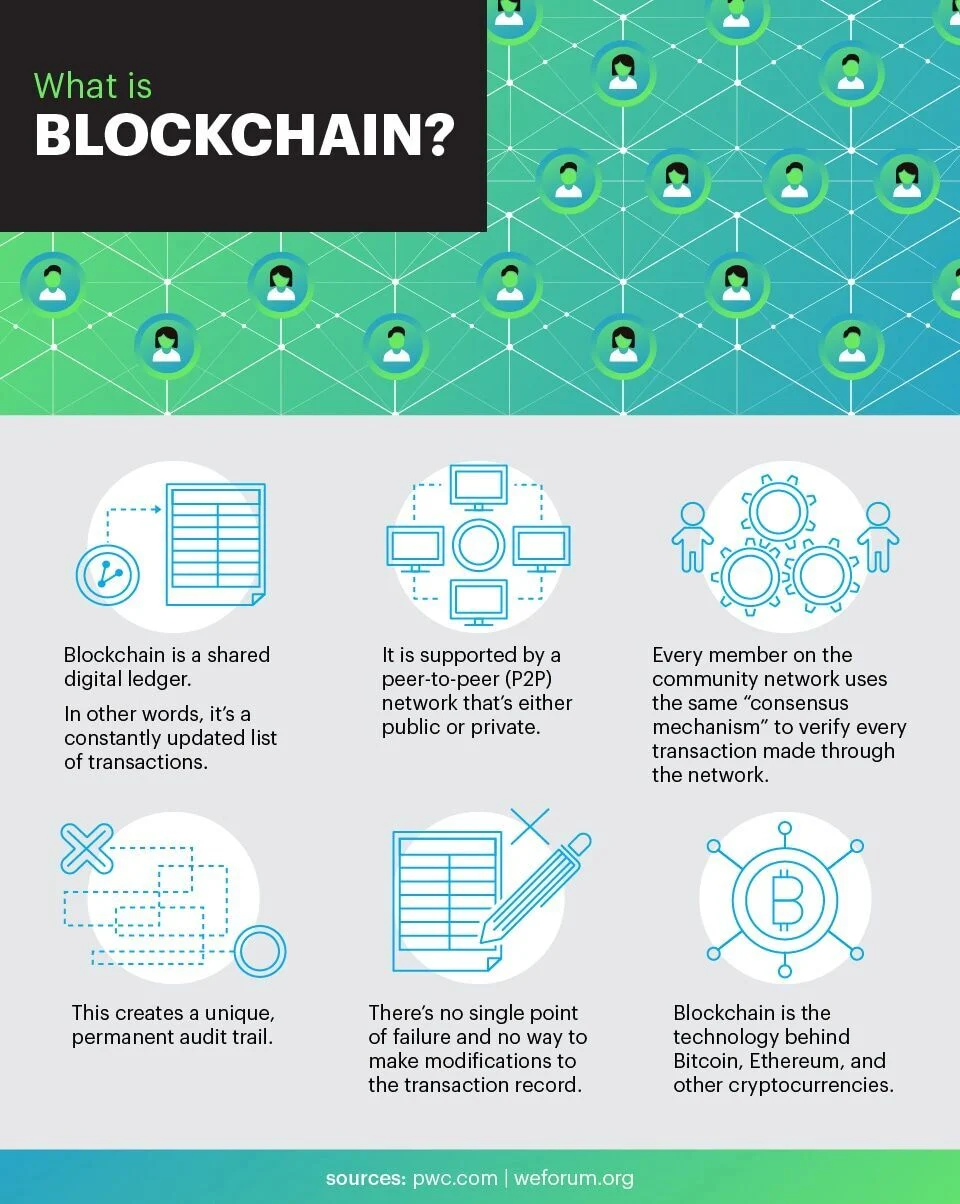As you read further, you will discover the key benefits of blockchain integration, including how it fosters trust among stakeholders and reduces the risk of fraud. We will also examine real-world examples of businesses that have successfully implemented blockchain solutions, showcasing the tangible results they have achieved. Additionally, we will discuss the challenges organizations face during this integration process and the strategies they can employ to overcome them.
Whether you are a business leader looking to innovate or a tech enthusiast eager to understand the implications of blockchain, this article will provide valuable insights. Join us as we explore the future of business software in the age of blockchain technology, and learn how your organization can leverage these advancements to stay competitive in a rapidly evolving marketplace.
Blockchain technology is revolutionizing the way businesses operate by providing enhanced security, transparency, and efficiency. As organizations increasingly adopt this technology, understanding its integration into business software becomes crucial. This article explores various aspects of blockchain integration in business software.
Enhancing Data Security with Blockchain
One of the most significant advantages of blockchain technology is its ability to enhance data security. Traditional databases are vulnerable to hacking and data breaches, but blockchain’s decentralized nature makes it inherently more secure. Each transaction is encrypted and linked to the previous one, creating a chain of blocks that is nearly impossible to alter without consensus from the network.
This level of security is particularly beneficial for industries that handle sensitive information, such as finance and healthcare. By integrating blockchain into their software systems, businesses can protect customer data and ensure compliance with regulations like GDPR and HIPAA.
Streamlining Supply Chain Management
Blockchain technology is being increasingly utilized to streamline supply chain management. By providing a transparent and immutable record of transactions, businesses can track products from their origin to the end consumer. This visibility helps in reducing fraud, errors, and inefficiencies in the supply chain.
For instance, companies can use blockchain to verify the authenticity of products, ensuring that they are sourced ethically and sustainably. This not only enhances brand reputation but also builds trust with consumers who are increasingly concerned about the origins of the products they purchase.
Smart Contracts: Automating Business Processes
Smart contracts are self-executing contracts with the terms of the agreement directly written into code. They are a key feature of blockchain technology that allows for the automation of business processes. By integrating smart contracts into business software, organizations can reduce the need for intermediaries, thereby saving time and costs.
For example, in real estate transactions, smart contracts can automate the transfer of ownership once payment is received, eliminating the need for lengthy paperwork and reducing the risk of fraud. This automation not only speeds up processes but also enhances accuracy and reliability.
Improving Financial Transactions
Blockchain technology is transforming financial transactions by enabling faster and more secure payments. Traditional banking systems often involve multiple intermediaries, leading to delays and higher costs. With blockchain, transactions can be processed directly between parties, significantly reducing transaction times and fees.
Moreover, blockchain’s transparency allows for real-time tracking of transactions, which can help businesses manage cash flow more effectively. This is particularly advantageous for international transactions, where currency conversion and cross-border fees can be cumbersome.
Enhancing Customer Loyalty Programs
Many businesses are leveraging blockchain to enhance their customer loyalty programs. By using blockchain, companies can create decentralized loyalty points that customers can earn and redeem across various platforms. This not only increases customer engagement but also provides valuable data on consumer behavior.
Additionally, blockchain can help prevent fraud in loyalty programs by ensuring that points cannot be duplicated or manipulated. This creates a more trustworthy environment for customers, encouraging them to participate actively in loyalty initiatives.
Facilitating Identity Verification
Identity verification is a critical aspect of many business operations, especially in sectors like finance and healthcare. Blockchain technology offers a secure and efficient way to verify identities without compromising personal information. By using blockchain, businesses can create a decentralized identity system that allows users to control their data.
This approach not only enhances security but also streamlines the onboarding process for new customers. For instance, financial institutions can use blockchain to verify a customer’s identity quickly, reducing the time and resources spent on traditional verification methods.
Enabling Decentralized Applications (DApps)
Decentralized applications (DApps) are software applications that run on a blockchain network rather than a centralized server. The integration of DApps into business software can provide organizations with greater flexibility and resilience. By utilizing DApps, businesses can create solutions that are less susceptible to downtime and hacking.
Furthermore, DApps can facilitate peer-to-peer transactions, allowing businesses to interact directly with customers without intermediaries. This can lead to cost savings and improved customer experiences, as transactions can be processed more quickly and efficiently.
Future Trends in Blockchain Integration
The future of blockchain integration in business software looks promising, with several trends emerging. One significant trend is the increasing adoption of hybrid blockchain solutions, which combine the benefits of both public and private blockchains. This allows businesses to maintain control over their data while still benefiting from the transparency of public networks.
Additionally, as regulatory frameworks around blockchain technology evolve, more businesses are likely to explore its potential. The integration of artificial intelligence (AI) with blockchain is another exciting trend, as it can enhance data analysis and decision-making processes. Overall, the continued evolution of blockchain technology will undoubtedly shape the future of business software.
| Aspect | Description |
|---|---|
| Definition | Blockchain is a decentralized digital ledger technology that records transactions across multiple computers securely and transparently. |
| Benefits | Increased security, transparency, and efficiency in transactions; reduced fraud and operational costs. |
| Use Cases | Supply chain management, financial services, healthcare, and identity verification. |
| Smart Contracts | Self-executing contracts with the terms of the agreement directly written into code, automating processes and reducing the need for intermediaries. |
| Integration Challenges | Scalability issues, regulatory compliance, and the need for industry-wide standards. |
| Future Trends | Increased adoption in various sectors, development of hybrid blockchain solutions, and enhanced interoperability between different blockchain networks. |



